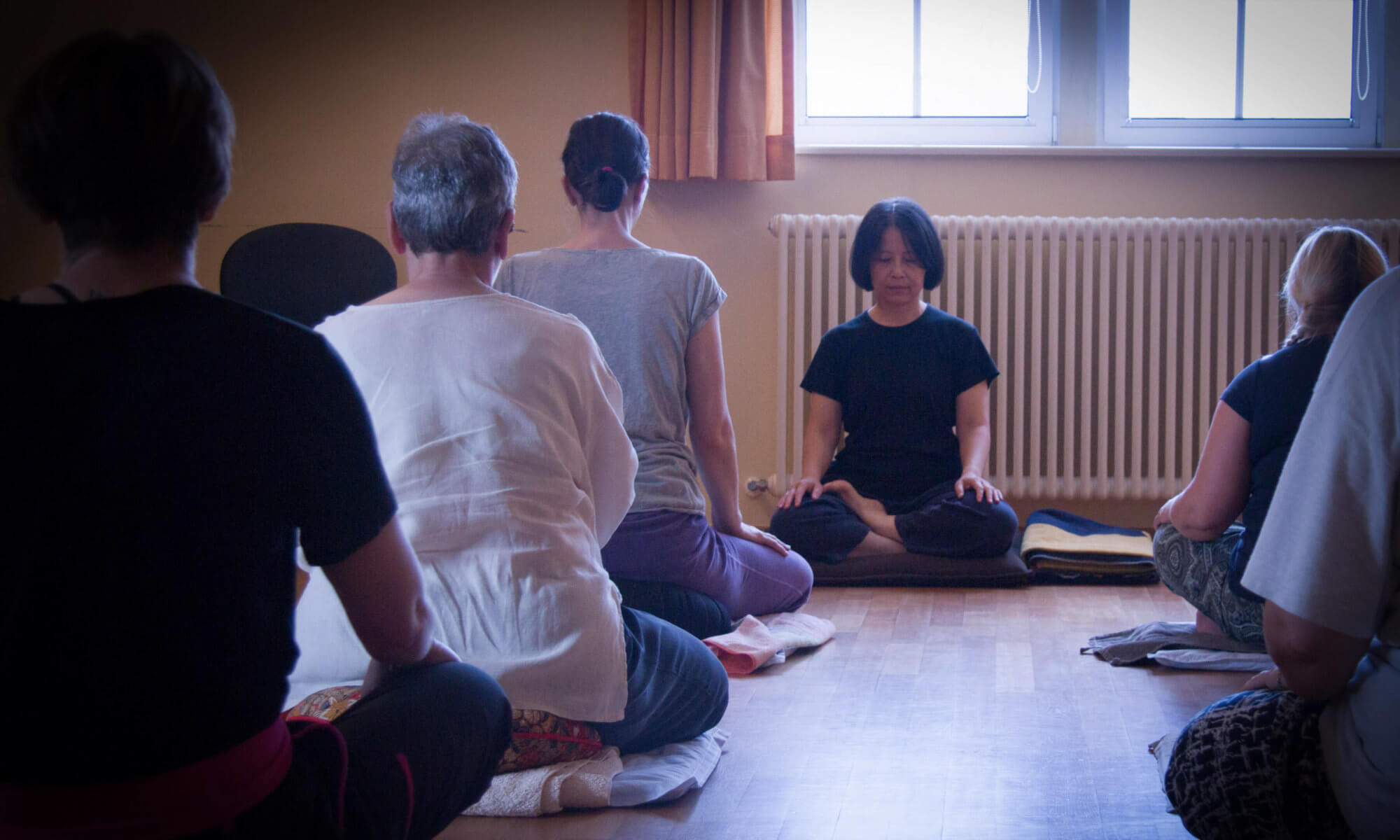The principle of Chan is taking body and mind from a state of confusion and disparity through a condition of one-mind to the experience of no-mind (or no-thought). This is the result of letting go of one’s clinging attachment to the sense of ‘I’, and to the illusion of the permanence of the self and phenomena.
The sixth Chinese Chan patriarch, Huineng (638-713), once said, ‘From ancient times up to the present, all teaching have established no-thought (or no-mind) as the main doctrine, no-form as the substance, and non-abiding as the basis.’ No-form is to be separated from form even when associated with form. No-thought is not to think even when involved in thought. No-abiding is the original nature of humankind. These “no’s” are more commonly known as the idea of ‘no self’, or as the substancelessness of the self.
When practicing, the ‘ordinary mind’ is the Path, advocated Chan master Mazu. Whether you are walking, standing still, sitting, or lying down, everything is Chan practice. He taught that the bodhisattva path is neither the path of the ordinary people or of the sages. You should not intentionally practice for gain, or get involved in what is right or wrong, grasping and rejecting. This is what he called the ‘ordinary mind’.
